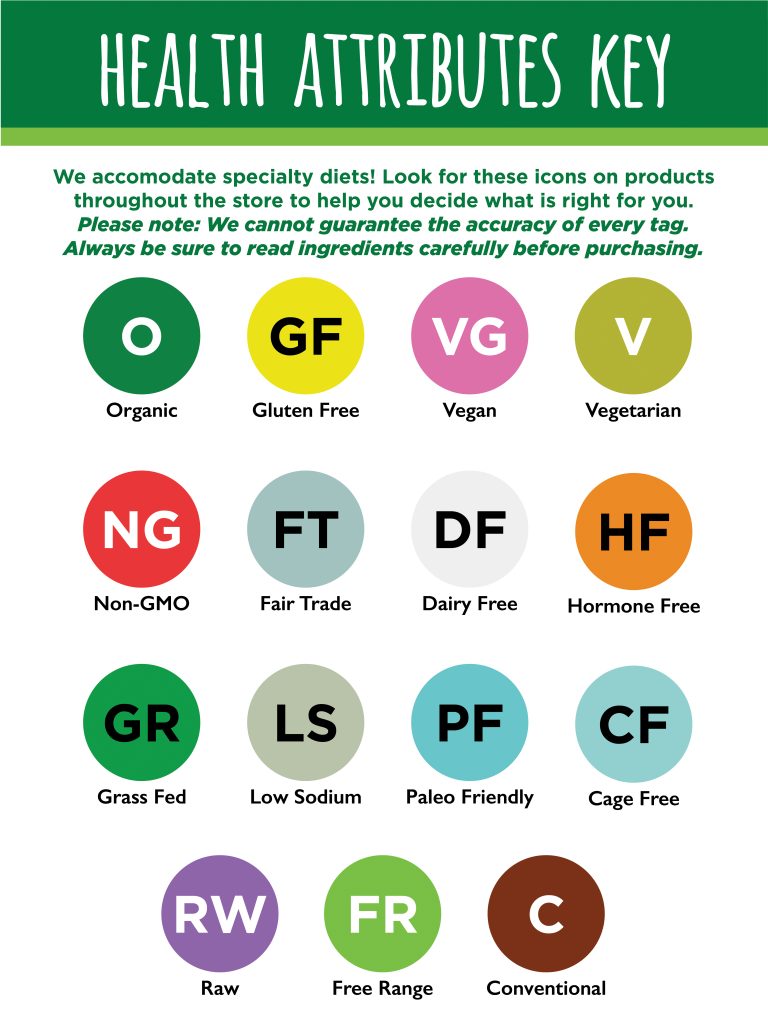Our Food Philosophy
The Common Market integrates its values into every aspect of our business and we curate our product assortment to appeal to the diversity of the community. Products are sourced from a wide range of producers and distributors to meet the needs of current and potential customers. Product pricing will reflect the Co-op’s vision to be accessible to all, regardless of socio-economic status. The Co-op will work to remove barriers that may prohibit participation in a just, prosperous, and vibrant local food economy.
To achieve accessibility, the Co-op will source local, natural, organic and conventional products as necessary in order to facilitate a Good, Better, Best product mix.
Barriers to food accessibility include availability and price. Some members of our community avoid shopping at the Common Market because they feel they cannot afford to do so. Our goal was never to run an exclusive food store – that is not the cooperative business model. We strive to be a business that is accessible to every community member.
Our product selection now and in the future will focus on local, healthy, affordable, fair trade, humane, co-op produced products that accommodate diverse diets. We will offer products that are in demand and accessible to all members of our community. By expanding our product line to include some conventional products, we can begin to address food accessibility in our community. This will also give us the opportunity to apply to participate in the WIC Program – the special supplemental nutrition program for Women, Infants, and Children funded by the US Department of Agriculture.
Health Attributes Key
Part of the Co-op’s mission is to make healthy food and knowledge of that food accessible. We identified 15 food attributes important to us as a community: organic, local, gluten-free, vegan, non-GMO, fairly traded, dairy-free, grass-fed, low-sodium, paleo-friendly, raw, hormone-free, cage-free, free-range, and conventional. Customers can now find these attributes keys displayed in several departments around the store. This key corresponds to the color-coded information on each price tag. Please note: we cannot guarantee the accuracy of every tag. Always be sure to read ingredients carefully before purchase.

Food Philosophy by Department
Meat & Seafood:
- Animals must be treated humanely, including having environments conducive to good health and wellbeing.
- Animals must be fed an exclusively vegetarian diet free of chemical additives.
- Animal living environment must be free of chemicals
- Animals must never have been given additional or artificial antibiotics, hormones, or parasiticides.
- Animals must be transported in a way that minimizes stress.
- Seafood must not be currently overfished, be fished using methods that harm the environment and/or other marine population, and must be sustainably sourced.
Produce:
- Primarily USDA certified organic
- If not organic, then LOCAL
- FairTrade (when accessible)
- Sustainable
- Conventional (CV), unique or affordable items
Café:
- Organic grains, flours, olive oil, beans.
- Organic and/or Local vegetables, and fruits.
- No artificial coloring, flavors, or preservatives.
- Large variety of local ingredients (as available).
- Meat & Seafood follow the above Meat & Seafood department guidelines.
Wellness:
- Organic, ethically wildcrafted, fair trade botanical ingredients.
- Sustainably-sourced raw materials
For an in-depth look at Organic practices, you can visit The Rodale Institute‘s website and check out their five part series on the myths of organic food and its production.
- Part 1: Is The Organic Label A Marketing Scam?
- Part 2: Wait, Organic Farmers Use Pesticides?
- Part 3: Can Organic Feed The World?
- Part 4: Is Meat Ruining The Planet?
- Part 5: Is Organic Really The Healthier Option?
